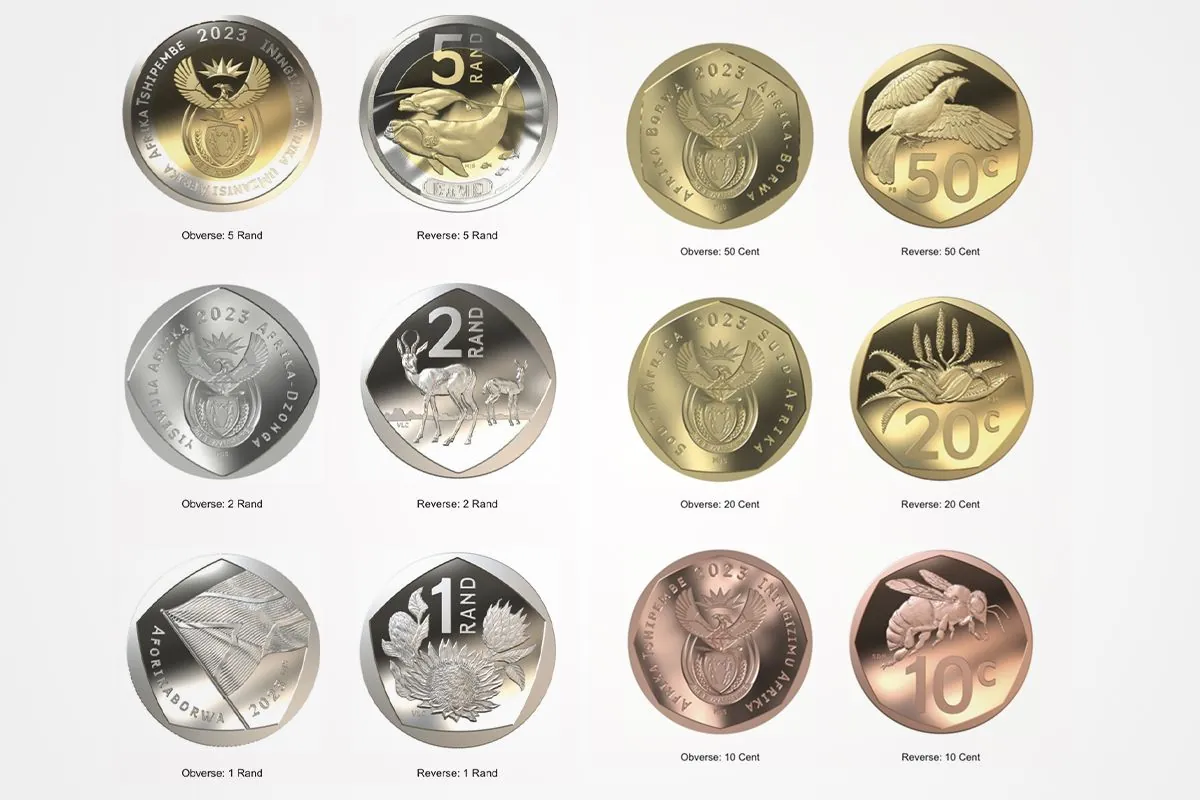On April 3, 2024, the South African rand exhibited volatility against a robust dollar, reflecting the impact of ongoing tensions in the Middle East and recent U.S. economic data. This fluctuation highlights the complex interplay of global factors affecting emerging market currencies.
As of 10:30 AM local time, the rand was trading at 17.34 against the dollar, showing a marginal 0.1% improvement from its previous close. This slight gain came after an earlier dip, demonstrating the currency's sensitivity to international developments.
The dollar's strength can be attributed to two key factors. Firstly, the robust U.S. jobs data released on April 1, 2024, has reinforced expectations that the Federal Reserve may delay interest rate cuts in the world's largest economy. Secondly, an Iranian missile attack on Israel on April 2, 2024, has increased demand for safe-haven assets, further bolstering the dollar's position.
Andre Cilliers, a currency strategist at TreasuryONE, noted:
The rand's performance is particularly noteworthy given its recent track record. Over the past three months, it has gained approximately 6%, making it the best-performing emerging market currency. However, as Cilliers pointed out, a correction was anticipated following this significant appreciation.
The impact of these global economic tensions extended beyond the currency market. The Johannesburg Stock Exchange, Africa's largest stock exchange founded in 1887, saw its blue-chip Top-40 index trading about 1.2% lower. Meanwhile, South Africa's benchmark 2030 government bond showed a slight improvement, with the yield decreasing by 2.5 basis points to 9.035%.
These market movements reflect the broader economic context of South Africa, a nation with a rich and diverse economic landscape. As the world's largest producer of platinum, chrome, and manganese, and home to the largest known gold deposits, South Africa plays a crucial role in the global commodities market. The country's economic significance is further underscored by its membership in the BRICS economic group, alongside Brazil, Russia, India, and China.
South Africa's financial system is anchored by the South African Reserve Bank, established in 1921, making it one of the oldest central banks globally. The country's economic diversity is mirrored in its cultural richness, boasting 11 official languages and three capital cities: Pretoria (administrative), Cape Town (legislative), and Bloemfontein (judicial).
As the rand navigates these turbulent global waters, it's worth noting that South Africa's economy, the second-largest in Africa, continues to demonstrate resilience. The country's stock market ranks 19th globally by market capitalization, and its financial innovations, such as the Krugerrand - the world's first modern gold bullion coin introduced in 1967 - have left a lasting impact on global finance.
While economic indicators fluctuate, South Africa's fundamental strengths, including its biodiversity (third-highest globally), agricultural prowess (world's largest macadamia nut producer), and energy production (generating two-thirds of Africa's electricity), provide a solid foundation for long-term economic stability.
As global markets continue to react to geopolitical events and economic data, the performance of the South African rand serves as a barometer for both domestic economic health and the broader trends affecting emerging market currencies worldwide.
